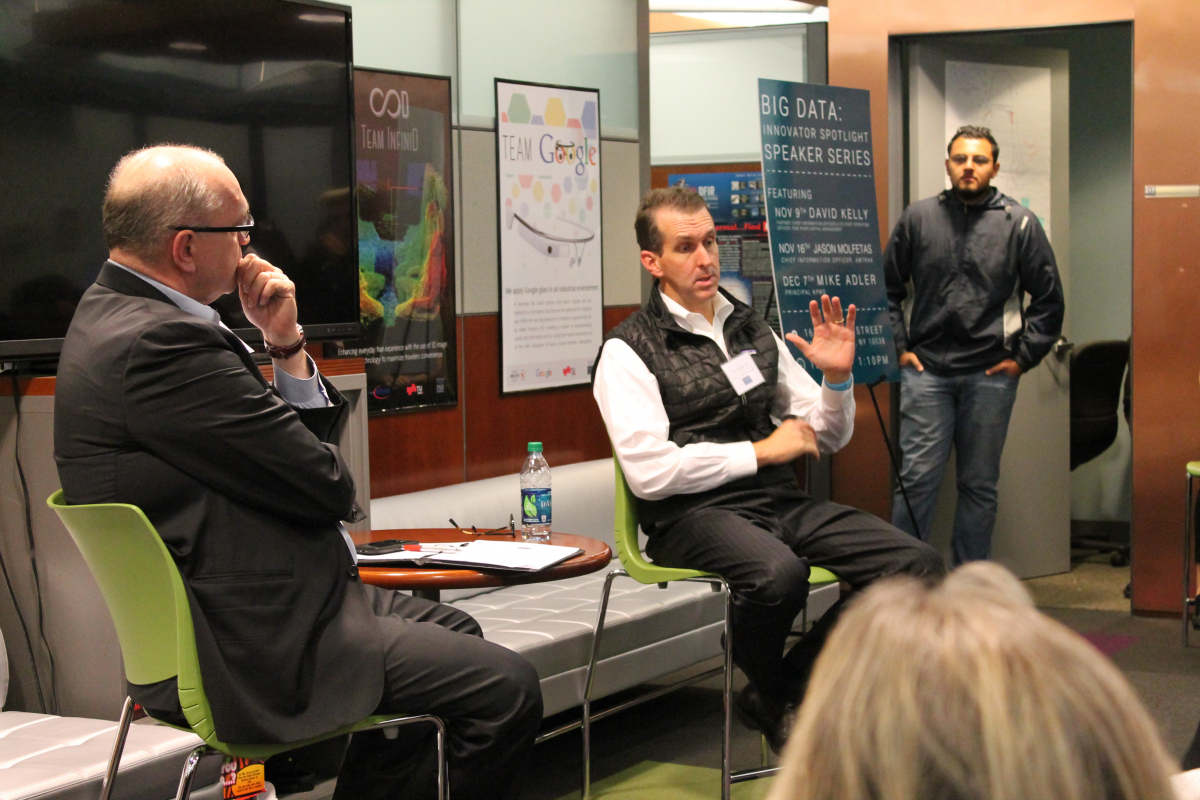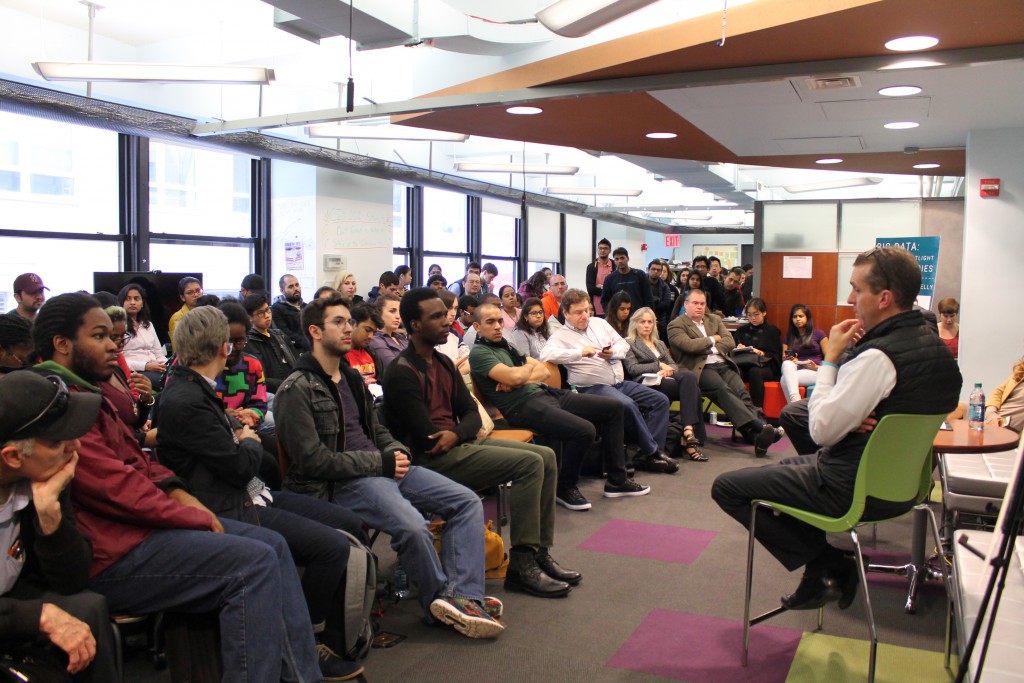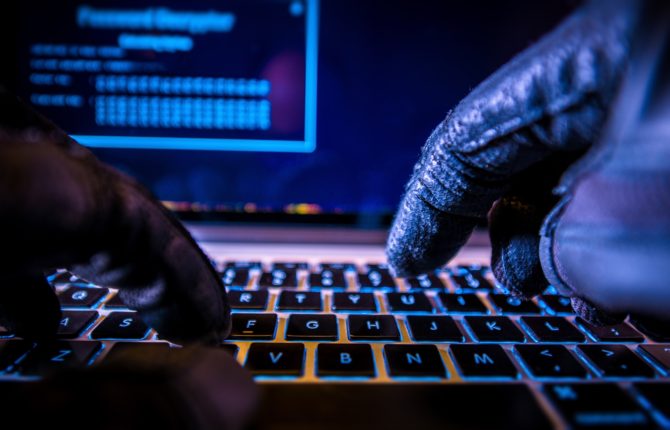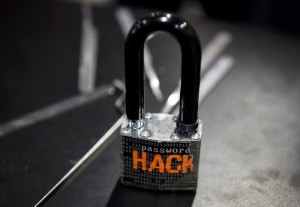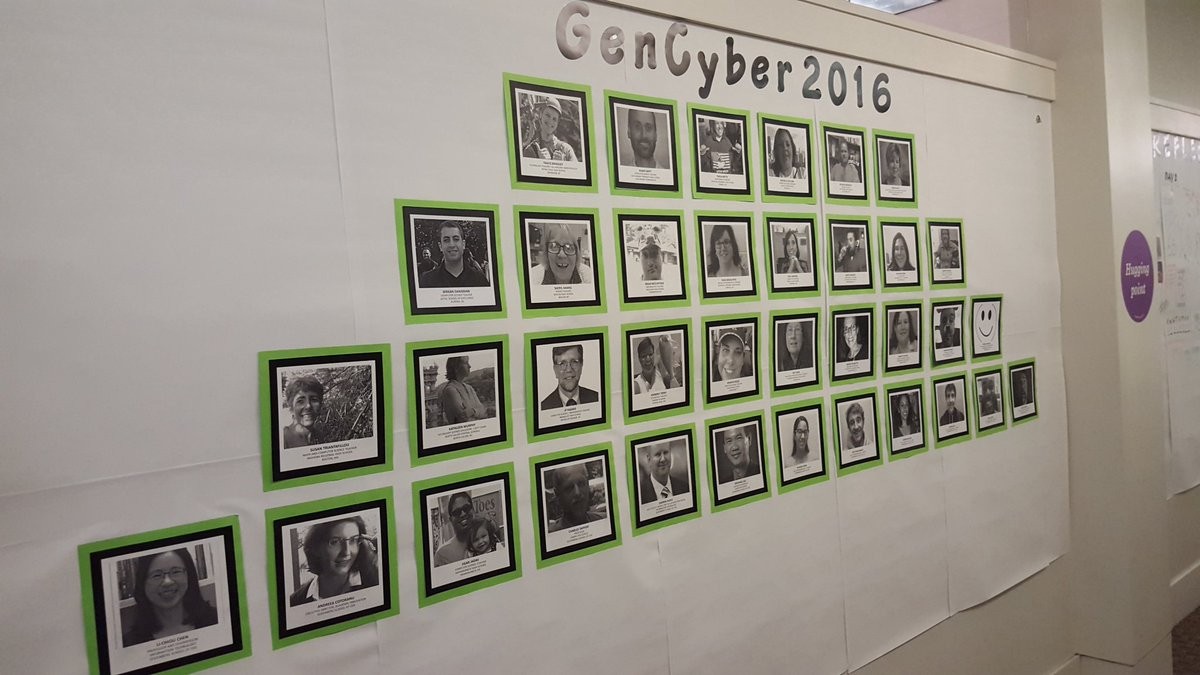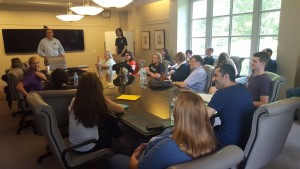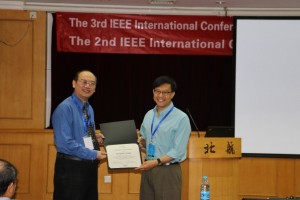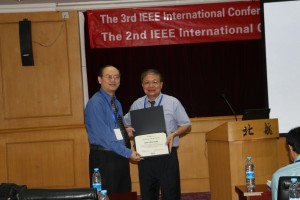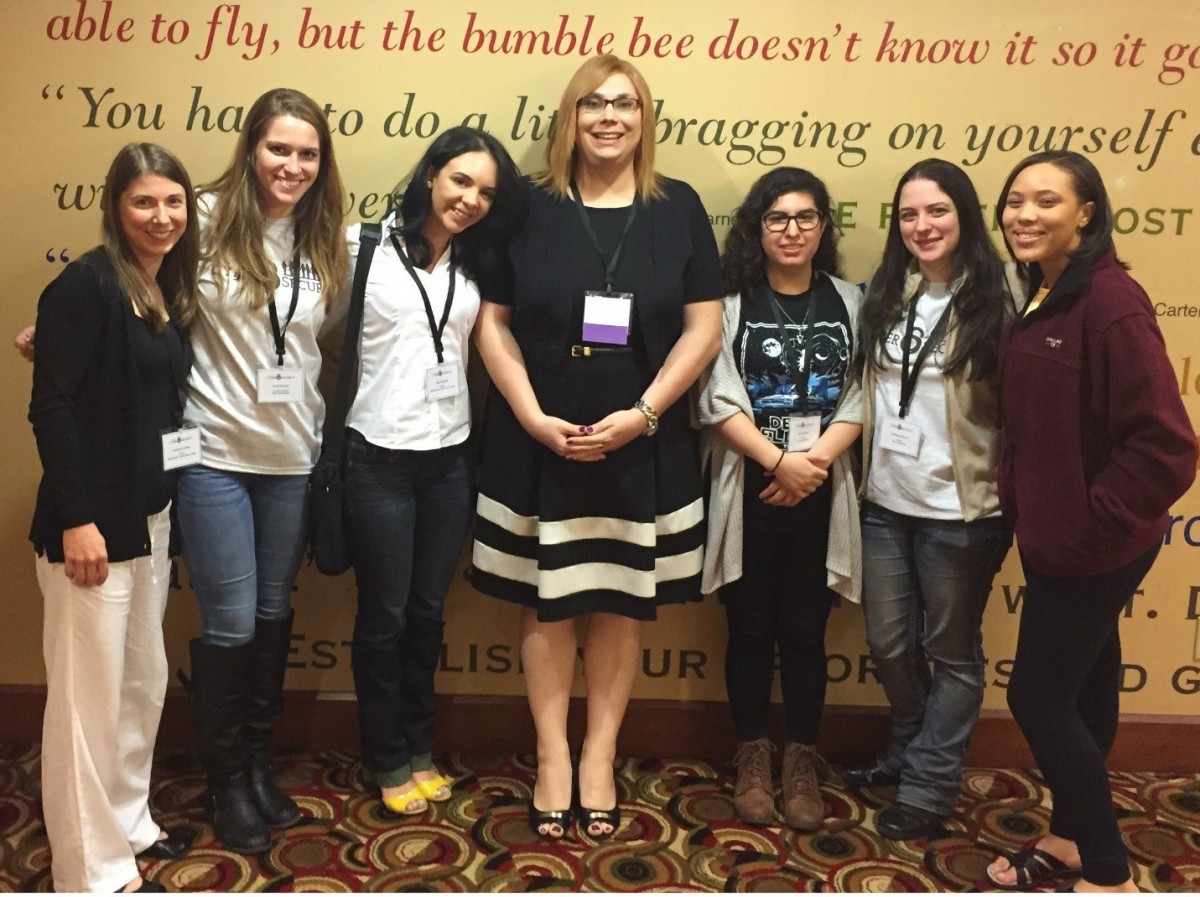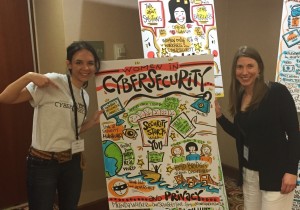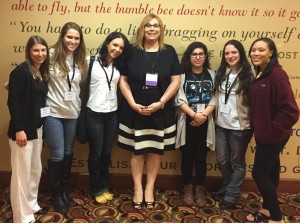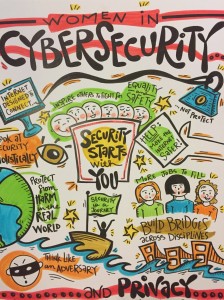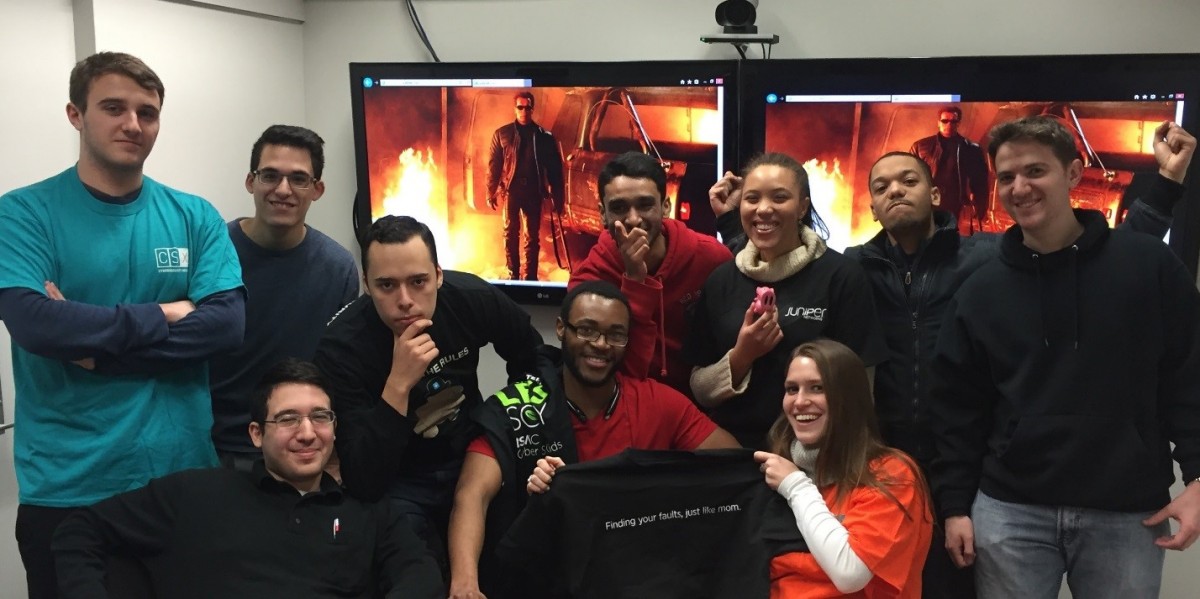November is Big Data month, and we’ve been working hard to demonstrate how important (and cool) big data is in many ways – one of which is the Big Data Innovator Series taking place here at Seidenberg.
The series is a collection of talks and interviews with Seidenberg alumni who work with big data. There are three talks – two in November and one in December – and we strongly encourage our students to attend!
The first event took place on Wednesday November 9th in the Seidenberg Lounge at 163 William St. The speaker was David Kelly (MS Information Systems ’94), and he spoke to an incredible turnout of 120 students! David is the CIO and co-chief operating officer at Pine River Capital Management, so he had a lot of great advice to share with our students interested in going into the financial world.
In an interview with Seidenberg Dean Jonathan Hill, David spoke about his career, things he had learned, and what he looked for when interviewing candidates for a particular job. “I’m going to assume you know how to code,” he said about his expectations of potential employees. “Going to school in lower Manhattan also shows that you’ve got character.”
He added that internships and travel, particularly international travel, were all good signs, and that if a student has “a cool and unique background . . . the interviewer will like finding a connection.”
One of David’s most important pieces of advice to students was showing a willingness to work hard and to learn, even if you are asked to do something that you don’t know or that isn’t included in your job description. “Show willingness to do what you’re asked to do,” he said.
“Be flexible. Do as they ask you to do. Over time you become regarded as a well-rounded person. Don’t have a deterministic view of what your job should be. Don’t be religious with technology – there’s a classic trick question we like to use: do you prefer using Lotus 1-2-3 or Excel? The correct answer is that it doesn’t matter – if you’re religious about one type of technology, it can hinder you.”
David also had some insights into the big data and cybersecurity fields, saying that the job prospects in cybersecurity were going to be just as good in 2019 as they are now.
“I think they are converging,” David said of big data and cybersecurity. “A lot of security solutions are out there . . . but how do you stitch all of these different solutions together? Real time analysis – that’s where big data comes in.”
We really enjoyed having David visit for our Big Data Innovator Series and would like to extend a big thank you to David and to organizer Deth Sao.
Next up is Jason Molfetas, the CIO of Amtrak!


